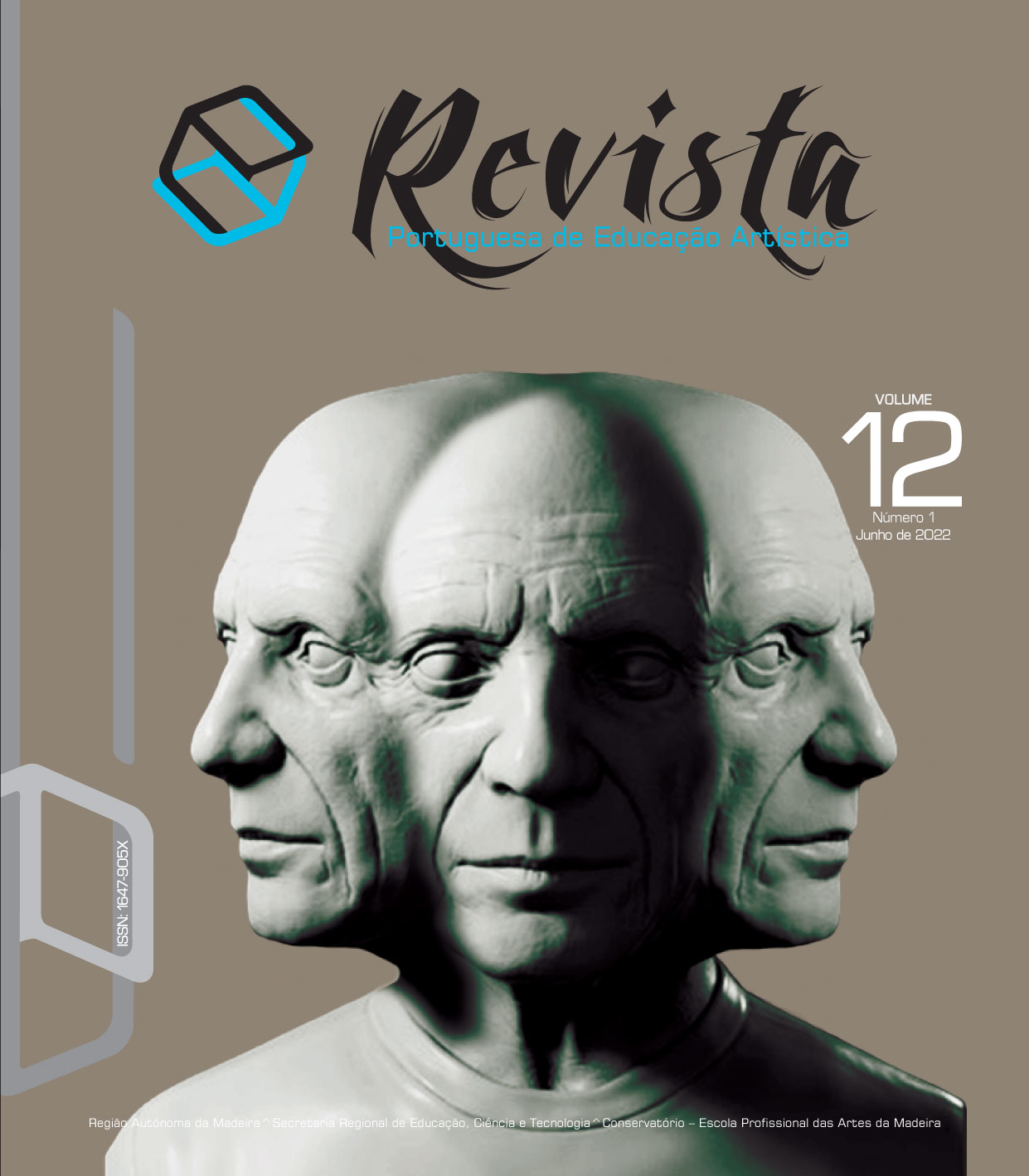Music and Children with Autism Spectrum Disorder – a Duo that Works: How Music Mitigates the Difficulties Caused by Autism
DOI:
https://doi.org/10.34639/rpea.v12i1.210Keywords:
Music, Autism, ASDs, Musical Practice, InstrumentAbstract
The importance of Music in the infantile cognition of children with autism is an increasingly studied topic in the scientific community: when children with Autism Spectrum Disorder (ASDs) work musically, they benefit from a huge increase on their cognitive process; improvements in language acquisition and solidification; reduction in muscle tension; promotion of an effective socialization among peers; they benefit of restraint in fear, anxiety and panic attacks; as well as an effective acquisition of knowledge and skills in all disciplines, whether artistic-musical or not. According to Gattino & Silva (2016) and Whipple (2012), Music acts, directly as an active and playful methodological tool, in four ASDs disorders – the inability of establish a social relationship (contradicted through the musical game), the failure in the communicative use of language (attenuated through children’s songs and musical games with words), the obsessive interest in remaining isolated (which finds an obstacle in reliable musical games and musical theatre) and also the fascination with objects (which can be positively channelled through instrumental practice), thus so being a pedagogical area of greatest relevance and pertinence for these ASDs children.
Downloads
Published
Issue
Section
License
Copyright (c) 2023 Portuguese Journal of Artistic Education

This work is licensed under a Creative Commons Attribution-NonCommercial 4.0 International License.

The work Revista Portuguesa de Educação Artística (Portuguese Journal of Artistic Education) is certified under Licence-Creative Commons Attribution-NonCommercial 4.0 International (CC BY-NC 4.0).




